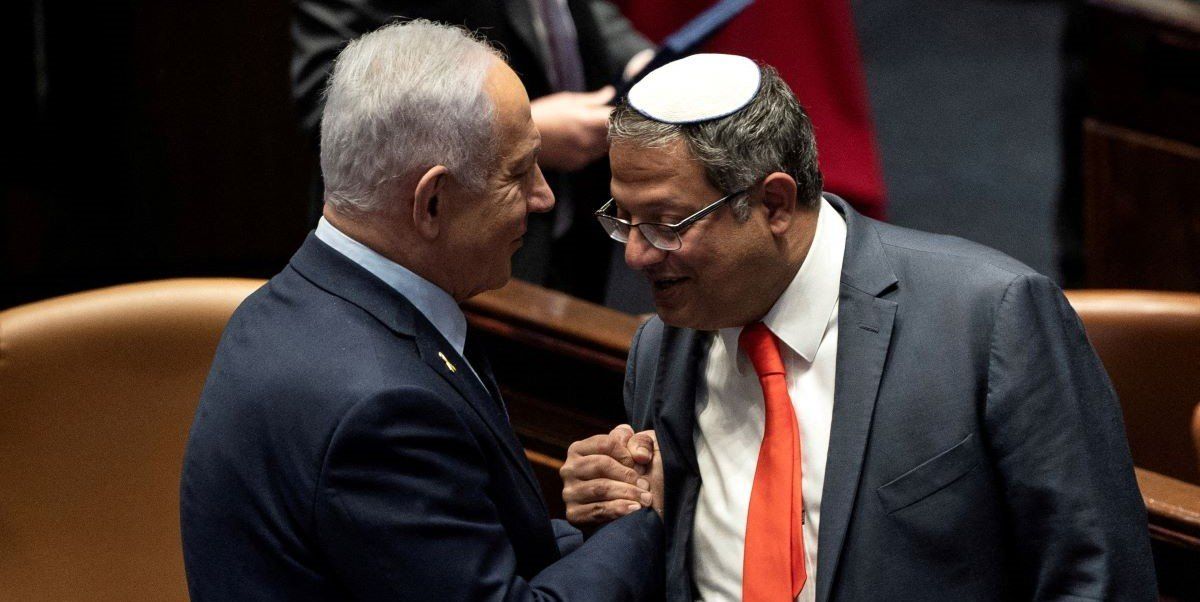Israel’s Knesset on Tuesday approved its 2025 budget by a vote of 66 to 52, days before a March 31 deadline that would have otherwise triggered an election.
Described as a “budget of war, and with God’s help … a budget of victory,” by Finance Minister
Bezalel Smotrich, the bill included
a 21% increase in spending over 2024, with a record defense budget of 110 billion shekels (US$30 billion) out of a total budget of 756 billion (US$205 billion).
It also included a series of tax hikes that were heavily criticized by opposition parties. Outside the Knesset, demonstrators protested the government’s failure to secure the release of the remaining 59 Israeli hostages as well asrecent moves by Israeli Prime Minister Benjamin Netanyahu to dismiss the head of Israel’s intelligence agency and its attorney general.
For all the protests, the budget’s passage represents “a significant political win for Netanyahu,” according to Eurasia Group managing director Firas Maksad.
“With greater room to maneuver politically from here on, the big question is if the prime minister will be more flexible on moving towards phase two of the ceasefire agreement in Gaza, thereby beginning to bring the conflict with Hamas to close,” Maksad added.
A fund for war? Israel is reportedly preparing amajor ground offensive in Gaza after the end of the recent two-month ceasefire, includingseizing additional territories and potentially occupying the enclave. “If there are not renewed hostage negotiations, then the only alternative left is to resume the fighting,” warned Eyal Hulata, former head of Israel’s National Security Council. “And there are serious plans.”
Other plans include creating new settlements on the West Bank. Last week, Israel’s security cabinet greenlit a decision to split off 13 “neighborhoods” of existing West Bank settlements, established decades ago without authorization, from their “mother settlement,” creating independent settlements. The Palestinian Authority condemned the move as well as increased Israeli military operations in the northern West Bank as “an unprecedented escalation in the confiscation of Palestinian lands.”
Tensions in the West Bank have been escalating for months. On Monday, the Oscar-winning Palestinian director of “No Other Land,” Hamdan Ballal, was detained by Israeli forces on accusations of “rock throwing,” which he denied, after being attacked by settlers in the village of Susya. Ballal was released Tuesday and said he was beaten and blindfolded for 24 hours while in custody, and the Israeli military has not responded to the allegation.
